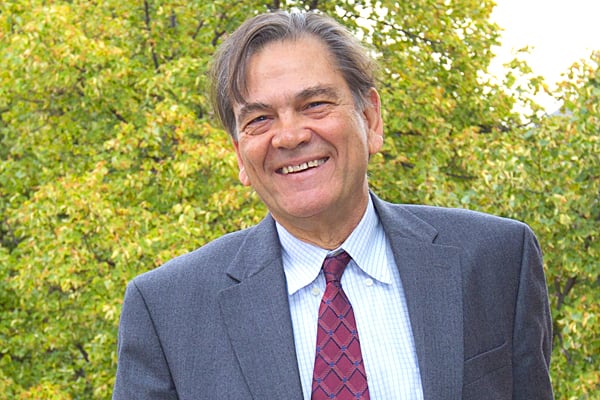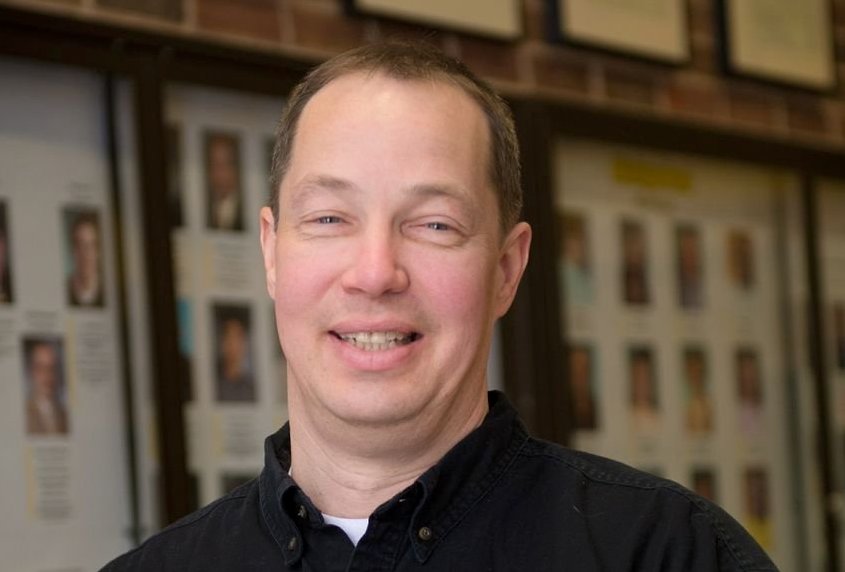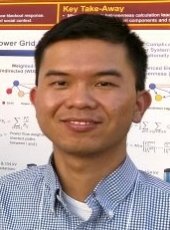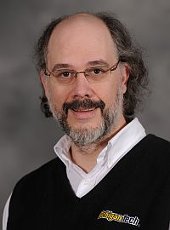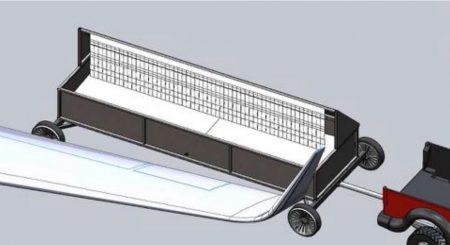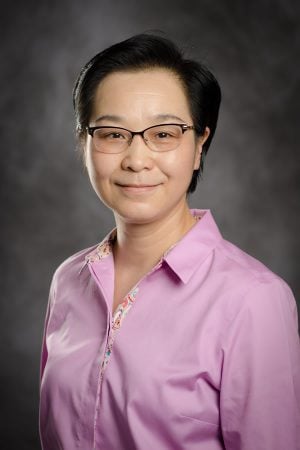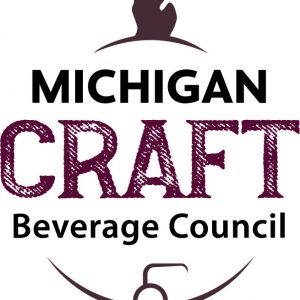The Michigan Tech Graduate Student Government (GSG) organized a poster presentation at the 2021 Alumni Reunion in the Rozsa Center on August 6. Presentations are also posted virtually. Among the presenters was Karrar Takleef Alofari, a PhD Student in Mechanical Engineering-Engineering Mechanics.

Karrar Takleef Alofari
Area of Focus
Multi-phase Flow in Porous Media
Topic
The Impact of Relative Humidity on The Porosity and The Structure of PEM Fuel Cell Catalyst Layer
Project Summary
Understanding and modeling of mass transport limitations in the catalyst layers in PEM fuel cells remain a challenge despite decades of commercial development. That challenge has led to the development of a novel ex-situ test to characterize mass transport resistances in these extremely thin porous layers. This test characterizes radial percolation of gas and liquid at varying fluid injection rates and relative humidities. Liquid percolation exhibits a dominant capillarity influence at low injection rates with lower final wetted areas and saturation as compared to high injection rates. Changes in relative humidity have a significant effect on percolation behavior for both gas and liquid. There is a significant jump in resistance when the relative humidity exceeds 65%.
![Preview image for The Impact of Relative Humidity on The Porosity and The Structure of PEM Fuel [...] - Karrar Alofari video](https://i.ytimg.com/vi/iX_fybbH6js/maxresdefault.jpg)
